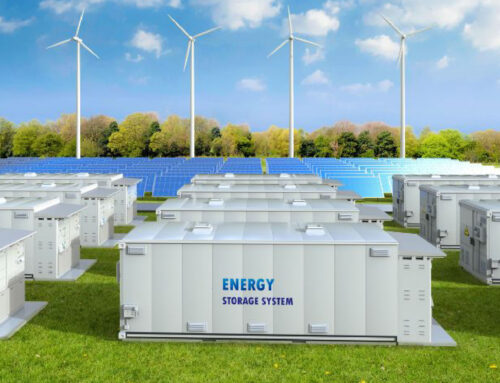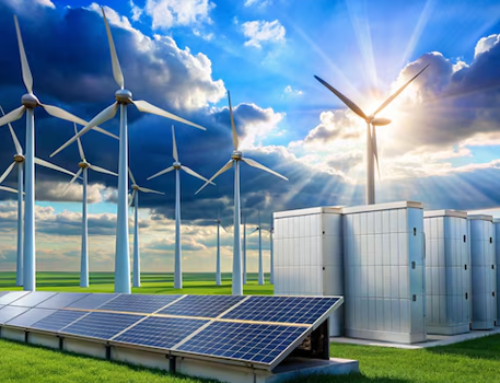Almost 75% of the Indian solar Industry depends on Chinese solar cells & modules.

As per the December News Report, MNRE announced some changes in the Indian solar industry that is 20% basic customs duty on imported solar cells & modules. Just after the three months, they again announced 40% duty on solar photovoltaic (PV) modules and 25% on solar photovoltaic cells from April 2022. The safeguard duty, firstly imposed in 2018, is expiring in July.
One of the standard protests, for example, that India’s obligations can be challenged in the World Trade Organization, is handily tended to. World Trade Organization sets aside a long effort to mediate. The decisions can be claimed. Both the Trump and the Biden organizations in the US have wouldn’t name re-appraising adjudicators to the World Trade Organization. The other side is that it implies that India’s import obligations can be met with trade obligations concerning China.
When it comes to solar modules manufacturing, the industry needs raw materials like cells, ingots and wafers and polysilicon is imported from China. As per the World Intellectual Property Organisation working paper, in the year 2017, China owned the shares of global manufacturing capacity in the different segments of solar energy generation like 81% in ingots, 84% in wafers, 66% in crystalline photovoltaic (PV) cells and 82% in crystalline PV modules. This data was related to the year 2012 but on March 24th, 2021 published article in The American Prospect gives the numbers at 95%, 99%, 80% and 75%, respectively. It tells the shares of China in solar-grade polysilicon capacity is 64%. The industry is now moving from multi-crystalline silicon to monocrystalline silicon and the technology required to produce mono ingots and wafers is both sophisticated and capital intensive.
If the proposed BCD intends to help Indian manufacturers develop capability in modules and cell manufacturing, the near-total reliance on China for the inputs that go into the production of cells and modules raises doubts over that possibility. China can retaliate by imposing export duties on the export of ingots and wafers and polysilicon. It is also possible for Chinese manufacturers to relocate to other countries which are not affected by the duty and export to India from those countries.
So really It makes sense to raise duties on ‘finished’ goods rather than on intermediate or basic inputs. Here noticeable thing is that industry’s finished good is another industry’s input. Steel is a good example. It may be a finished good, but it is also an important input in the manufacture of automobiles. We must also keep in mind the ability of other countries to retaliate.
Click Here for more updates Ornatesolar.com




Leave A Comment